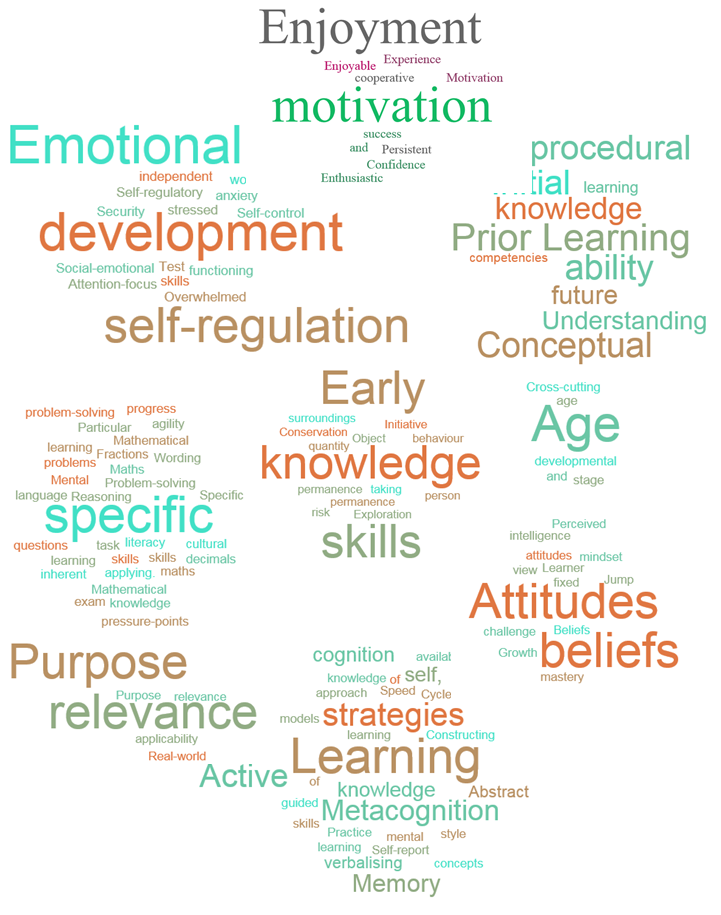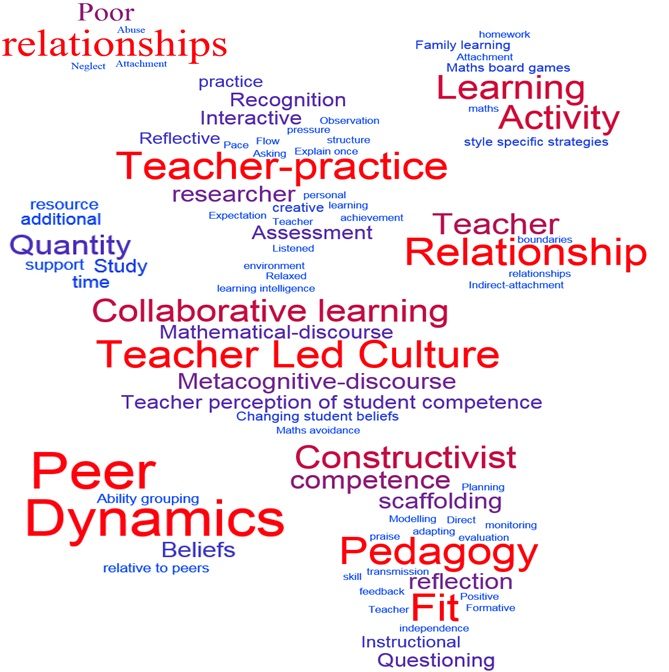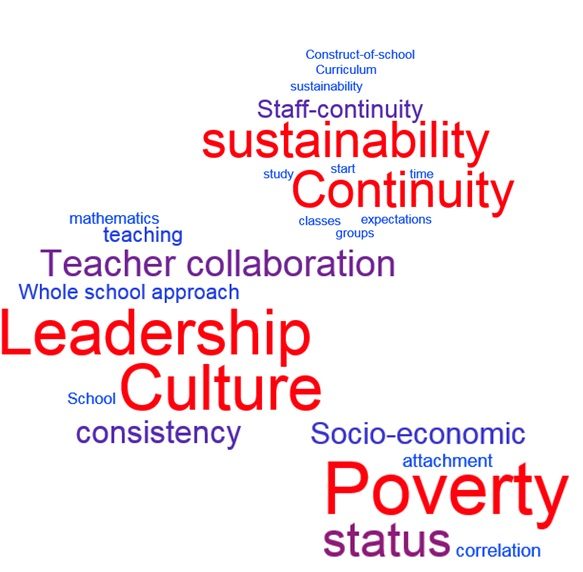Month: May 2019
raising concerns
Guidance to advise employers, social service workers and social work students on their duty and responsibilities in raising and acting on concerns
Forth Valley & West Lothian Teacher Meeting
Forth Valley and West Lothian Primary and Early Years Head Teachers came together this morning in Livingston Football Stadium.
The event was opened by Donna McMaster, Head of Education in West Lothian who described West Lothian priorities and gave a strategic overview.
Michael Davis RIC Performance, explained how he had used data about each school to create groupings of schools and in these neighbourhood groups, HTs discussed common issues and how they might work together.
The Winning Scotland Foundation work on Growth Mindset presentation provided exciting opportunities for schools to take part across the RIC in an accredited training opportunity for every school.
Greg Welsh, Senior Dev Officer, shone a spotlight on West Lothian’s approaches to Validated Self Evaluation and Michael Davis described WL approach to tracking and monitoring Primary attainment. This is the first of the RIC LA spotlight sessions. HT will have opportunities to hear spotlight sessions from Clackmannanshire, Falkirk and Stirling during the HT meetings hosted next session.
There was enthusiastic discussion within the HT neighbourhood groups, focusing on ‘Forward Thinking’: the Big Questions. Purpose; Planning; Contribution
Pledges were made and visits were planned!
National Induction Resource
This resource has been developed to support you in your induction to delivering ELC –whether that is funded ELC or ELC that families choose to purchase themselves. It has been developed specifically to support staff working in ELC centres rather than in childminding settings. It sets out how you can expect your employer to support you in your new role and includes links to the range of national resources which are available to support you. It has been developed collaboratively with the range of national organisations supporting the profession.
Improving children’s reading, what does the research say?
A series of short videos summarising some key research into children’s reading.
Fewer books, more engagement..
Find out about the small test of change undertaken in P2/1 at Westquarter Primary School.

Building a Reading Culture
Our Reading Culture network met yesterday for the fourth of our professional network events. We took the opportunity to consider the role of storytelling as part of pedagogy, to share progress in our classrooms so far and to consider our next steps.



Psychology and Numeracy Research 2019
The Four Educational Psychology Services of the FVWL Regional Collaborative have combined their research efforts to produce this ground breaking report on the psychological factors of numeracy.
We found a parallel with the national GIRFEC practice model and the Ecological System theory by Bronfenbrenner. The 94 factors were categorised into 20 clusters and then three categories.
Individual factors

Intersubjective Factors
 Contextual factors
Contextual factors
RECOMMENDATIONS
This meta-study finds that, given the complexity and multitude of factors that influence numeracy development and mathematical attainment, Councils, the Regional Collaborative and Scottish Government need to find ways of:
- promoting long term duration of teacher pupil relationships,
- promoting whole school consistency and beyond in the teaching of mathematics
- consider the impact that relationships and attachment style may have on pupils’ numeracy development
- ensure that teacher led innovations occur in a culture of learning, knowledge and research and with reference to the existing evidence base on effective interventions
- Encouraging parents to become more involved in contributing to the development of concepts skills and knowledge which are fundamental to math but not necessarily math specific such as risk-taking behaviour, metacognition, self-regulation and beliefs about intelligence and mastery.
- Actively encourage collective teacher efficacy in a context that promotes sustainability of improvement in evidence based ways.
This highlights the need for a cultural change with regard to numeracy education to include funding, employment and training arrangements that promote the long term relationship with staff and pupils in schools, effective mathematics teaching, and recognise the impact of relationships and attachment style on pupils’ numeracy development. Implementing improvement needs sustainability and implementation of improvement to be considered as important as the specific mathematic concepts and knowledge in encouraging children to learn maths.
Our final recommendation is that there is a need for debate about practice and improvement at a strategic and practice level within the Regional Collaborative and the four education authorities.













